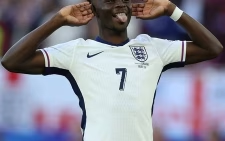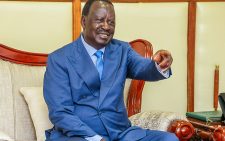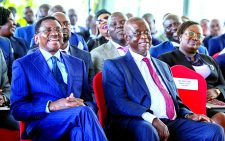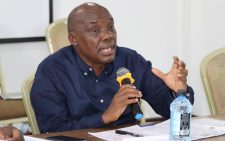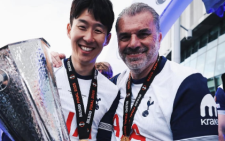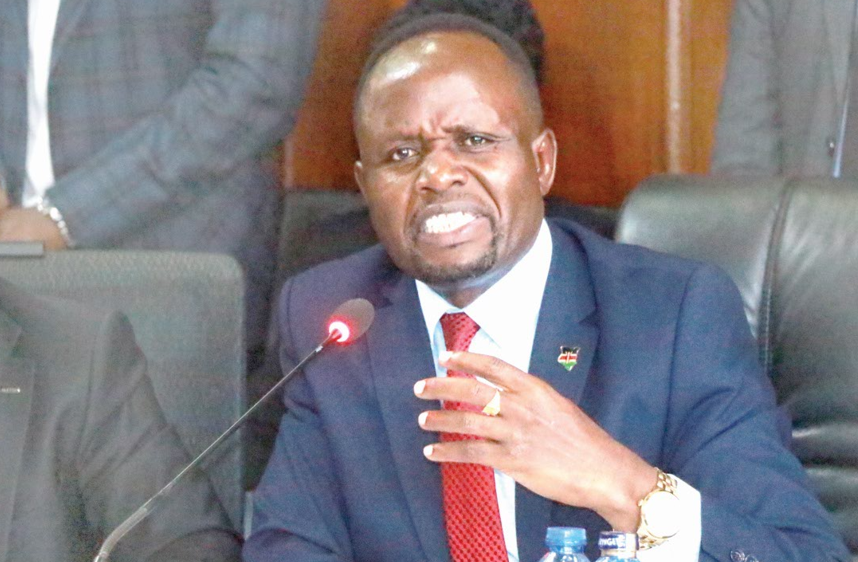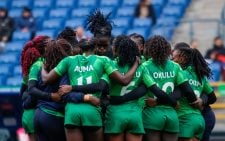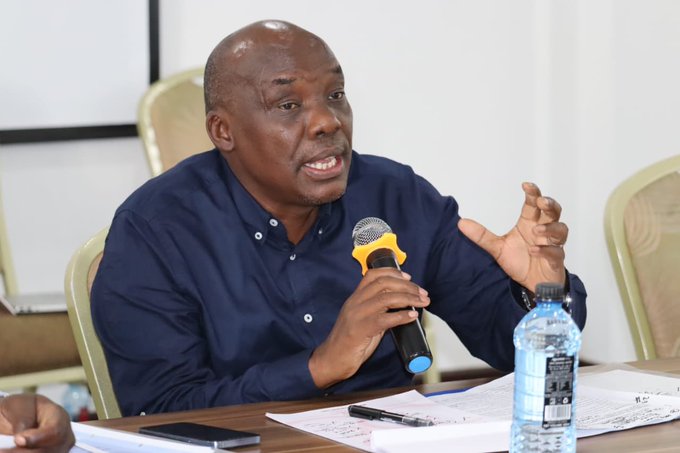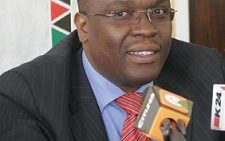Ruto regrets Africa’s missed chance to tap Raila’s exceptional leadership
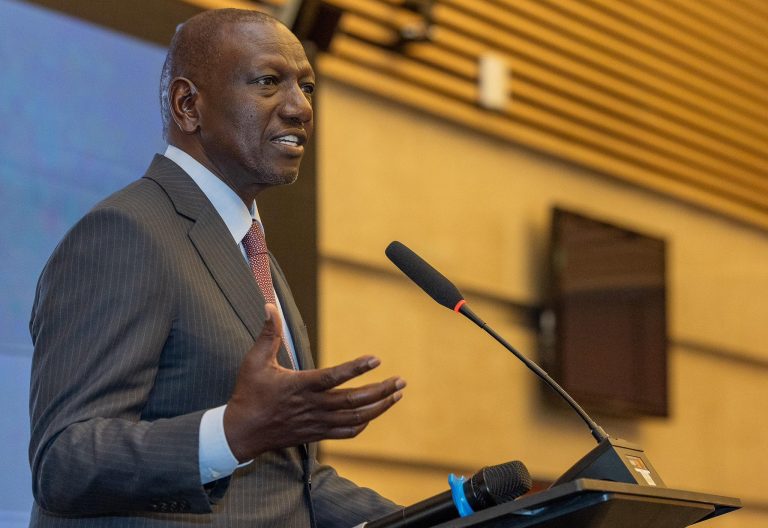
President William Ruto has expressed disappointment over Africa’s failure to elect Raila Odinga as the African Union Commission (AUC) Chair, describing it as a missed opportunity to be served by one of the continent’s most outstanding leaders.
Speaking during a dinner held in his honour in Addis Ababa on Saturday, February 15, 2025, Ruto admitted that while the event was initially meant for celebration, he could not ignore the disappointment of Odinga falling short in the tight race.
“As you know, this setup was meant for celebration. But I would not be telling the truth if I didn’t say I am disappointed. I am disappointed because Raila Amolo Odinga did not win. He was the best candidate, and I regret that Africa missed the opportunity to be served by one of the finest leaders of our time,” Ruto stated.
Despite the loss, the president said he was immensely proud of Raila, commending his commitment, energy, and unwavering presence throughout the campaign. He revealed that Odinga exceeded expectations, proving doubters wrong—including those who had questioned his age.
“Baba made me very proud. He was the best candidate we could have put forward. He was always available. Whenever I had to book an appointment, he was there. Whether it was early morning or late evening, he showed up,” Ruto said.
The head of state went on to share how leaders who initially doubted Odinga’s capability due to his age were later in awe of his vigour and determination.
“As a politician, I have supported many candidates for the African Union chairmanship, but Odinga exceeded all expectations. In fact, many people were wondering—even those who initially questioned his age. Just two weeks ago, the President of Tanzania asked me, ‘What have you given Raila? He has become a young man!’”
Ruto praised Raila for running a dynamic and strategic campaign, saying he took charge of the process with unmatched energy.
“He exhibited a lot of energy and drove the campaign the way it should have happened. I am very proud of you, my brother Raila Odinga. You did not let us down. You put your best foot forward, irrespective of the outcome.”
Intense voting battle
Odinga’s AUC bid ended in the sixth round of voting following a highly competitive election process in Addis Ababa, Ethiopia, on Saturday, February 15, 2025.
The contest, which saw multiple rounds of voting, was marked by intense lobbying as candidates struggled to secure at least 33 votes—the two-thirds majority required for a decisive victory.
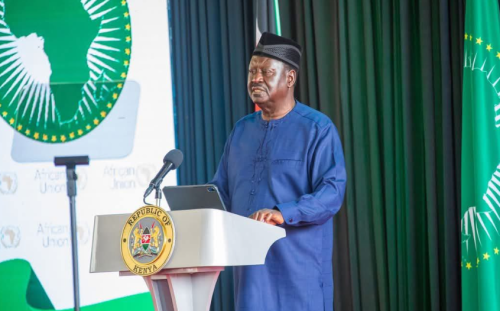
In the first round, Odinga took an early lead with 20 votes, followed closely by Djibouti’s Mahmoud Ali Youssouf (18 votes) and Madagascar’s Richard Randriamandrato (10 votes).
By the third round, Mahmoud had surged ahead with 23 votes, while Odinga trailed with 20 votes, forcing Randriamandrato out of the race.
The battle eventually narrowed to a fierce contest between Kenya and Djibouti, but momentum steadily shifted in Mahmoud’s favour.
By the fourth round, he had secured 25 votes against Raila’s 21, further extending his lead in the fifth round with 26 votes while Raila remained at 21. In the sixth and final round of Raila’s participation, he managed to gain one more vote, bringing his tally to 22, but Mahmoud held firm at 26.
With the numbers no longer in his favour, Raila bowed out of the contest, allowing Mahmoud to proceed to the decisive final vote, where he needed 33 votes to secure the AUC chairmanship.
Rise and fall
Raila’s ambitious bid for the African Union’s highest office was officially unveiled on February 26, 2024, when President Ruto and Odinga made a historic joint announcement, revealing Kenya’s intention to stake its claim on the AUC chairmanship.
The move was politically unprecedented—uniting two of Kenya’s most influential political figures, who had previously been bitter rivals.
Their surprise collaboration underscored the high strategic importance Nairobi had placed on winning the continental seat.
Shortly after, the two leaders flew to Uganda to meet President Yoweri Kaguta Museveni, marking the beginning of intense diplomatic engagements aimed at securing crucial endorsements across Africa.
Fully backed by the Kenya Kwanza administration, Raila embarked on a relentless diplomatic charm offensive, meeting heads of state and lobbying for support.
His deep-rooted connections across Africa played a key role in winning over leaders, some of whom publicly endorsed him, while others preferred to keep their voting intentions undisclosed.
Despite his strong showing in the initial rounds, the shifting political tides of the AU voting bloc ultimately worked against him.
